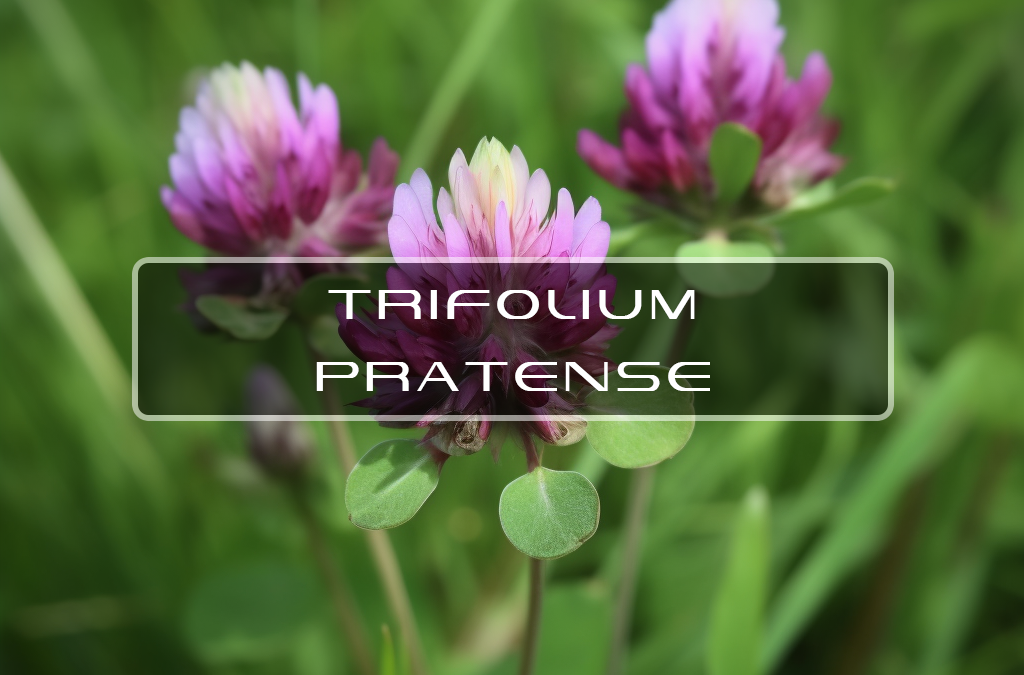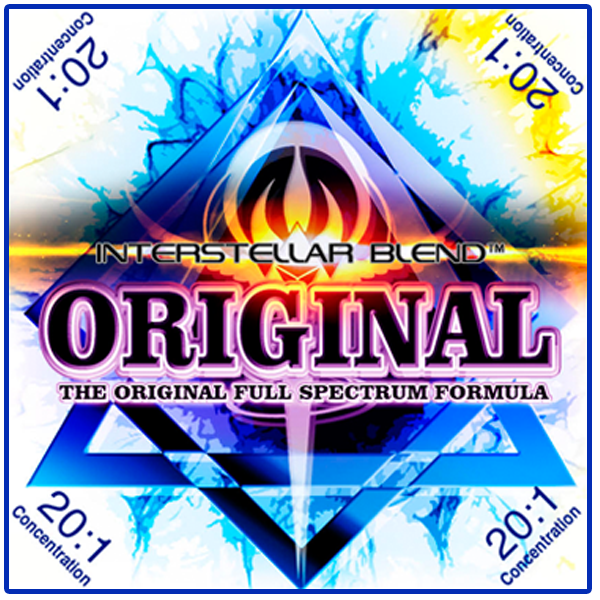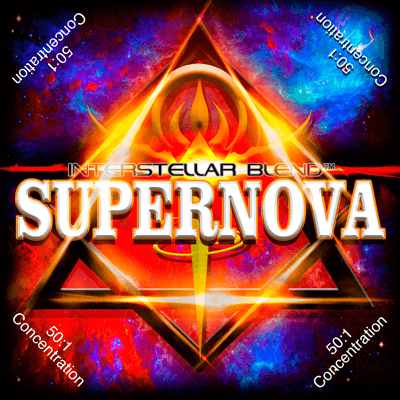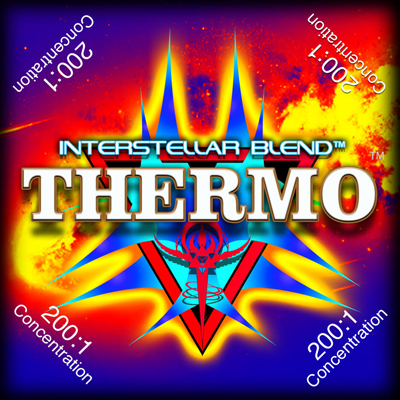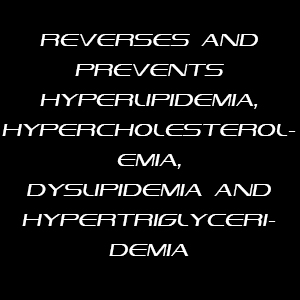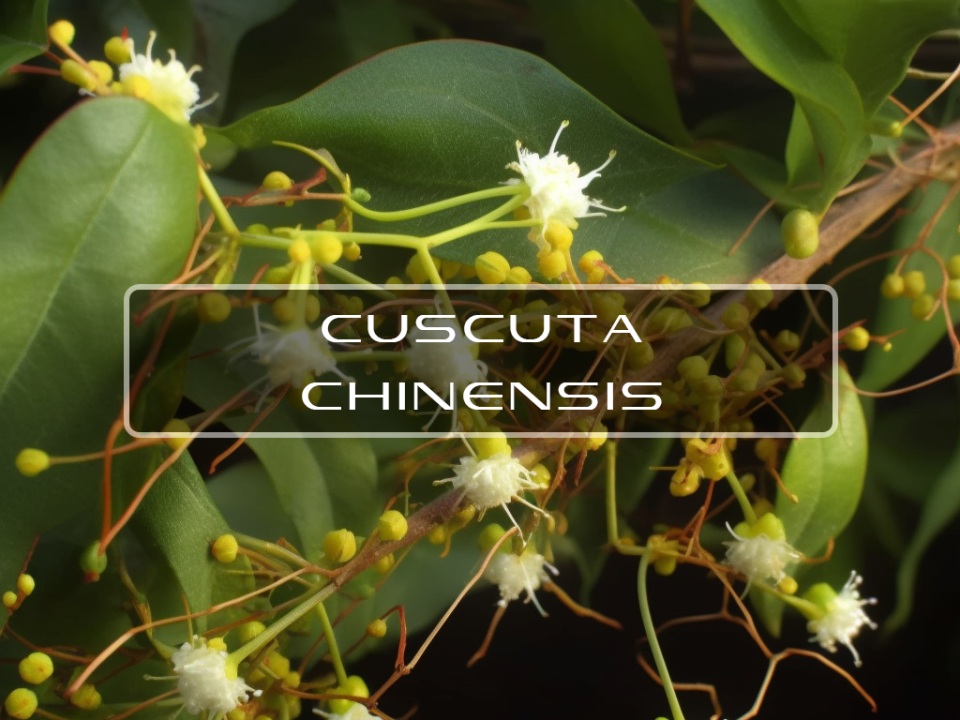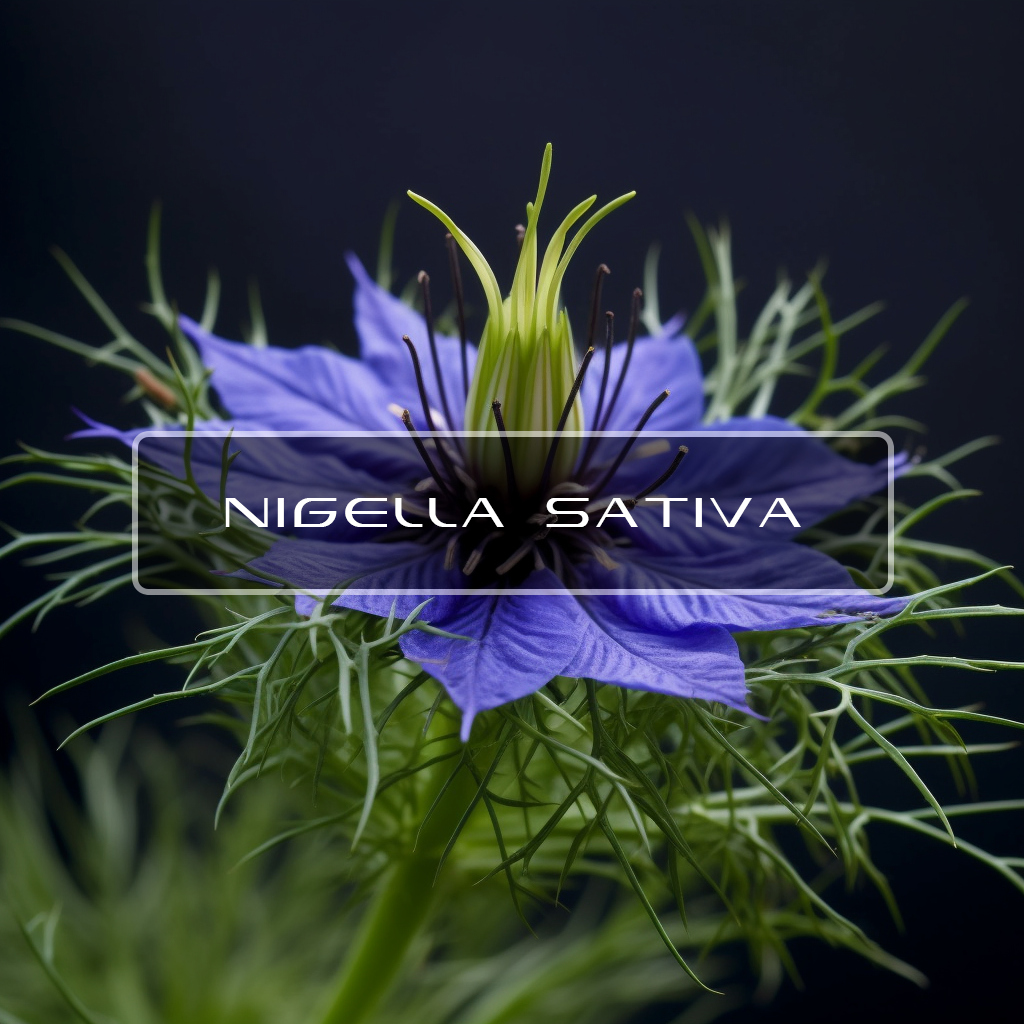
Nigella sativa
October 31, 2018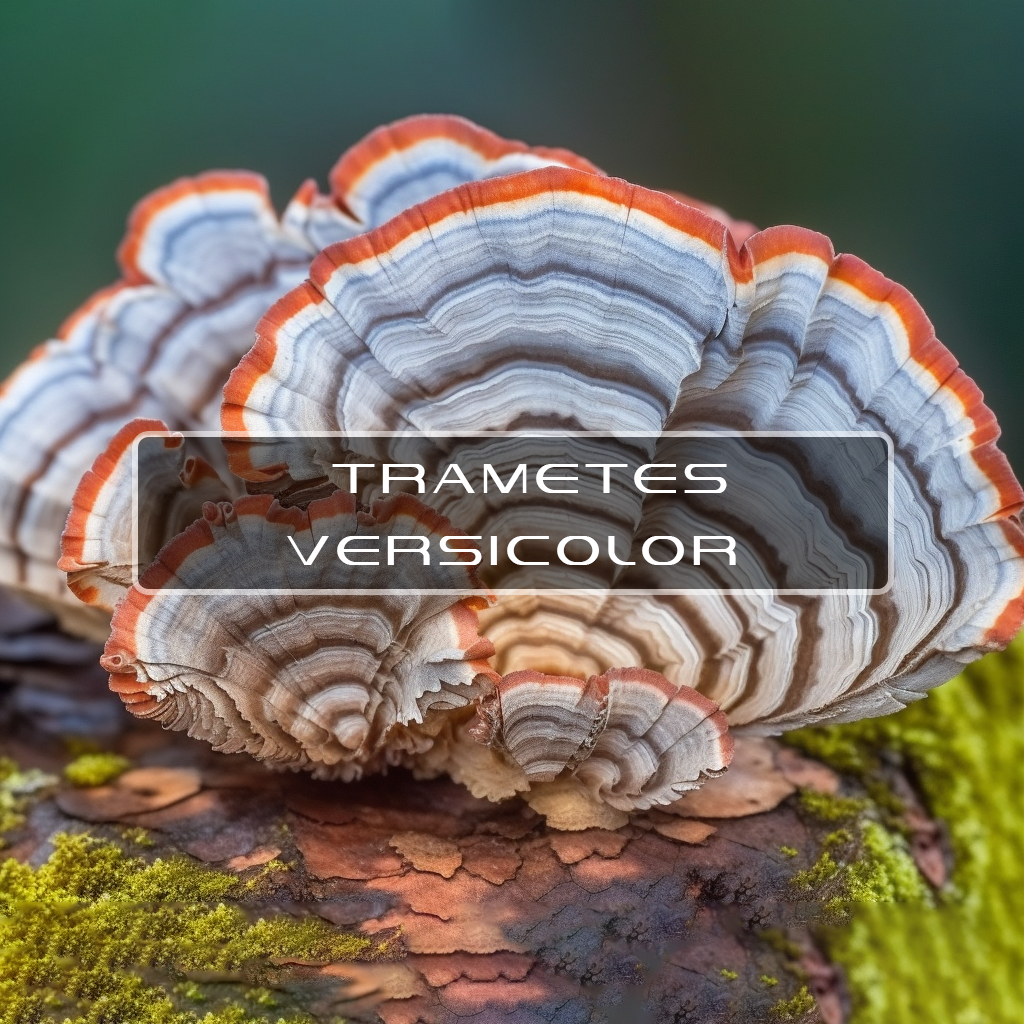
Turkey Tail Mushroom
October 31, 2018Trifolium Pratense

This closer was brought over to North America by the European migrants in the 1500's. It is a type of short lived perennial and can adapt to a wide variety of of climates and soils.
This plant has some religious backgrounds as well as it was associated to the Christian Trinity because of the three leaves of the closer. During the middle ages it was utilized as a protection against witches.

Benefits of Trifolium Pratense
The intake of formononetin increased the uterine weight of the mice significantly as well as the content of SOD, GSH-Px, CAT, and reduced MDA in body.
Formononetin had obvious antioxidant effects and estrogenic effect, and the estrogenic effect was not dosage-related.
Anti-Angiogensis - Antiangiogenic compounds are gaining more and more interest as a new approach in the prevention and treatment of cancer and inflammatory diseases.
The objective of this study was the evaluation of the antiangiogenic effect of a red clover extract (RCE) used in food supplements for menopausal complaints as well as of its main isoflavones in an in vivo system, the chorioallantoic membrane assay of fertilized hen's eggs.
The results demonstrate that RCE is not only suitable for menopausal complaints, but might also be a powerful chemopreventive agent against chronic diseases e.g. which have a high incidence especially in elderly female.
Osteoporosis - The objective of this study was to evaluate the preventive effects of Red clover total isoflavones on the progression of bone loss induced by estrogens deficiency (ovariectomy) in rats.
These findings suggest that Red clover isoflavones are effective in reducing bone loss induced by ovariectomy, probably by reducing of the bone turnover via inhibition of bone resorption.
Apoptosis - In the present study, we aim to investigate the potential therapeutical effects of FN on cell line of prostatic adenocarcinoma (PC-3) and human prostate epithelial cells (RWPE1). The apoptotic counts were effectively increased following the treatments as shown in flow cytometry.
Collectively, our findings demonstrate that FN exerts the anticarcinogenic effect on prostate cancer in vitro, in which the underlying mechanisms are associated with enhancing the Bax/Bcl-2 ratios and regulating the p38/Akt pathway, thus triggering apoptosis in tumor cells.

